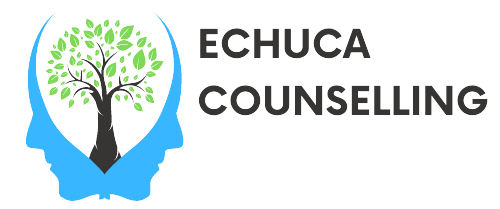The placebo effect is a fascinating phenomenon where individuals experience real changes in their health after receiving a treatment that has no therapeutic effect. This effect is particularly significant in medical research and highlights the powerful connection between the brain and the body. Understanding the placebo effect can help us appreciate the influence of psychological factors on physical health.
How Does the Placebo Effect Work? The placebo effect occurs when a person’s expectations of a treatment lead to perceived or actual improvements in their condition. This is often seen in clinical trials where a group of participants receives a placebo—a harmless, inactive substance made to look like the real medicine—while another group receives the actual drug. Surprisingly, both groups might report improvements, demonstrating the influence of expectations on health outcomes.
Key Factors Influencing the Placebo Effect:
- Expectation: The more a person believes that the treatment will work, the more likely they are to experience positive effects.
- Conditioning: Previous experiences of associating taking medication with feeling better can trigger a similar response, even from a placebo.
- Psychological State: A person’s mood and outlook can affect their perception of symptoms and influence the placebo effect.
- Doctor-Patient Relationship: The care, attention, and reassurance a patient receives from healthcare providers can contribute to the placebo effect.
Benefits of the Placebo Effect:
- Reduces Symptoms: Even though the treatment is inactive, the placebo effect can lead to real reductions in symptoms, such as pain, anxiety, and fatigue.
- Enhances Real Treatments: When combined with effective medical treatment, the placebo effect can amplify the overall therapeutic outcome.
- Insights into Brain Function: Studying the placebo effect can provide valuable insights into the mechanisms by which the brain influences bodily health.
Ethical Considerations: Using placebos in clinical practice often involves ethical dilemmas. Administering a placebo without full transparency can undermine trust and violate informed consent principles. However, understanding and harnessing the placebo effect ethically can lead to better patient care and treatment outcomes.
The placebo effect underscores the power of the mind in physical health. It challenges us to think broadly about health and healing, considering not just the physical but also the psychological components of therapy. For more information on how psychological factors influence health, visit Echuca Counselling. Our resources and experts can help you understand and utilise the complex interactions between the mind and body for better health outcomes.






